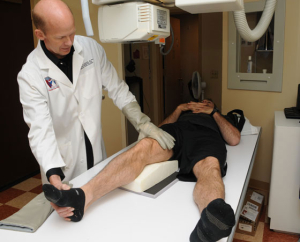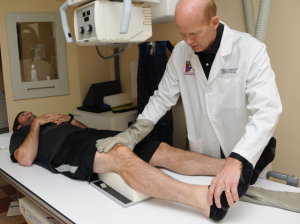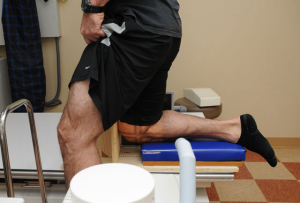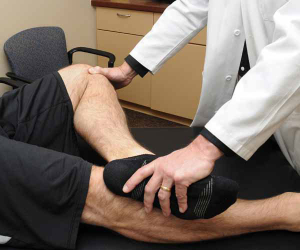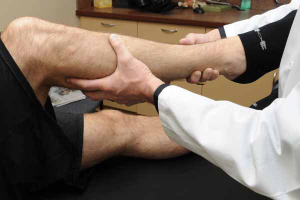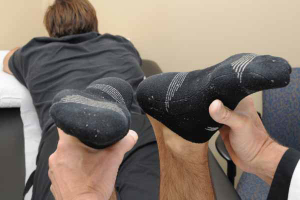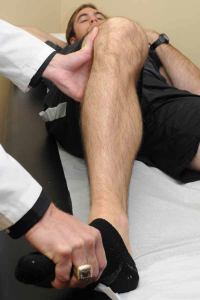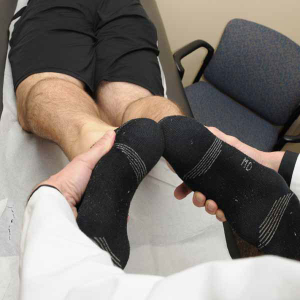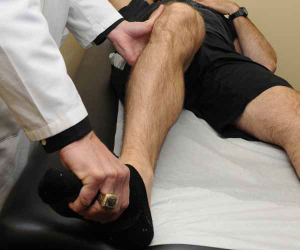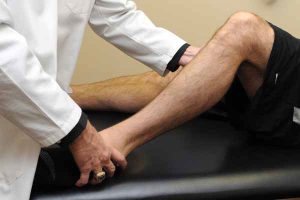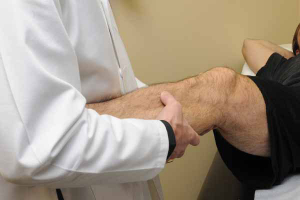Sports Test
The Sports Test that we require for athletes at the Steadman Clinic is comprised of four separate exercises with a 20 point scoring system. The Sports Test is meant to test the athlete’s ability to demonstrate excellent muscle endurance strength in the lower extremity; the ability to effectively push off as well as have a […]

